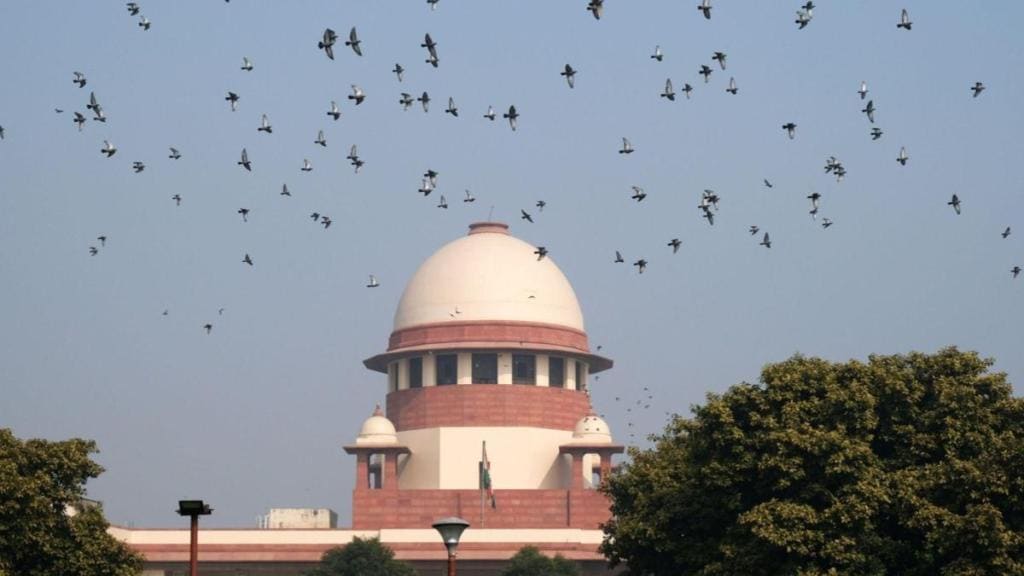The Supreme Court on Thursday struck down the validity of the electoral bonds, a controversial political funding instrument, terming it as unconstitutional. We examine the key issues, and whether this will have any bearing on the Bharatiya Janata Party, which is believed to be the key beneficiary of the bonds, ahead of the general election.
l What is the electoral bonds scheme?
The bonds allow corporations and individuals to anonymously donate money to political parties by purchasing electoral bonds from the State Bank of India (SBI). Notably, the SBI has sole access to the details of those who purchased electoral bonds. The Supreme Court has now ordered SBI to stop rolling out such bonds and submit details of bonds purchased since April 2019 to the Election Commission by March 6. By March 13, all the data has to be posted on the EC’s website.
According to the scheme, the proceeds from any bonds, which are not encashed within 15 days of being issued, are to be deposited in the Prime Minister’s National Relief Fund. It was first mentioned in the 2017 Budget speech by then finance minister Arun Jaitley. The scheme was pushed as a solution to the issue of opacity in political parties’ funding. According to the Centre for Media Studies, the 2019 elections cost about Rs 60,000 crore, a large chunk of which came from electoral bonds.
l Why was it challenged in court?
Petitions were filed by the Communist Party of India (Marxist), and non-governmental organisations Common Cause and ADR. Advocate Prashant Bhushan argued that citizens have a right to information about the parties and candidates seeking their votes. Bhushan pointed out that there are roughly 2.3 million registered companies in India. Figuring out how much each company had donated using this method would not be possible for an ordinary citizen. The argument also was that the scheme would distinctly favour the ruling government of the time, as the guarantee of anonymity would allow the government to provide favours in various forms.
Senior advocate Kapil Sibal drew the court’s attention to how the scheme could result in companies failing their duties towards their shareholders. Allowing companies to “funnel money” to political parties without any oversight from shareholders denies the owners the ability to decide how their company should act in the political sphere.
l How did the axe fall?
The Supreme Court raised several issues in its verdict, one of which was that the scheme violates the right to information under Article 19(1)(a), which guarantees the freedom of speech and expression. The court held that information on the funding of political parties is essential for voting. It also held that the RTI can only be restricted based on Article 19(2), which speaks of the reasonable restrictions to freedom of speech and expression. It does not include curbing black money as a restriction. Even assuming curbing black money is a legitimate purpose, it is not proportional to the restrictions posed by this scheme.
The court said the ability of companies to influence the political process through contributions is much higher compared to individuals. The most crucial aspect the court considered is whether the encroachment on fundamental rights is proportional to the objection sought to be achieved. Chief Justice D Y Chandrachud said the state did not adopt the least restrictive method. As an example of the least restrictive methods, he cited the Rs 20,000 cap on anonymous donations.
l Will the decision affect the BJP?
The Bharatiya Janata Party’s (BJP) defence was that political parties earlier received most of their funds through anonymous donations which were shown in cash. An effort, therefore, required to be made to cleanse the system of political corruption; the party also said that donors had the right to privacy. In the six years through 2022, the BJP earned Rs 5,271 crore via this funding tool, accounting for 57% of the Rs 9,200 crore raised through these bonds, according to a report by the Association for Democratic Reforms (ADR), based on data from the Election Commission. The share of the Congress, was 10%.
However, political pundits say the court decision may do little to damage the BJP, the main beneficiary of the funding, so close to the polls. Yogendra Yadav, a political activist and founding member of political party Swaraj Abhiyan, said while the court’s action was welcome, the decision was “unduly and extraordinarily” delayed, and it is too late now as the ruling party may already have taken advantage of the bonds. BJP, in any case, doesn’t have a paucity of funds, has deep pockets and collects its funding from multiple sources. Opposition parties were anyway not getting much donation through these bonds.


